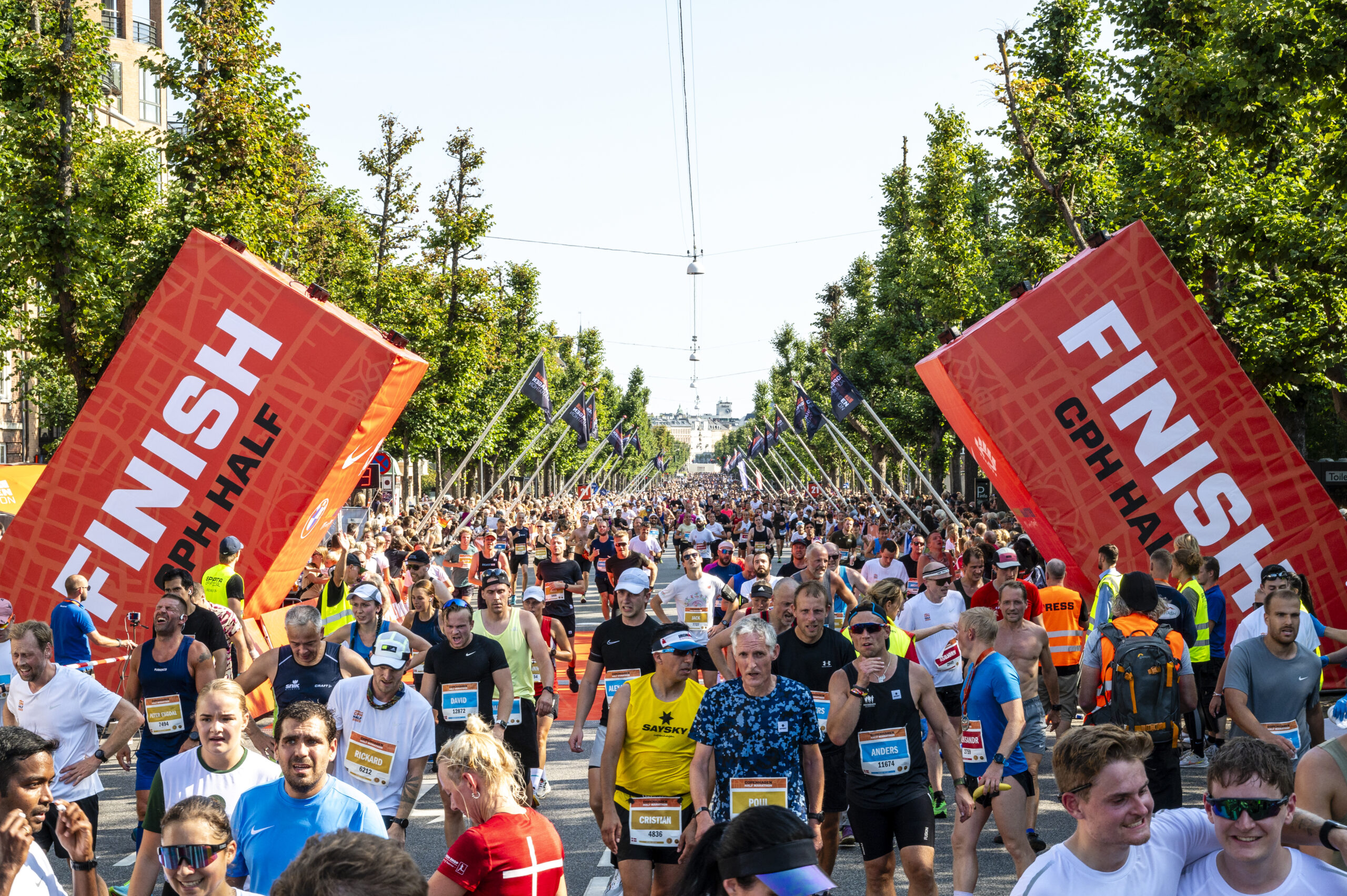A law to allow dual citizenship was not included in the law catalogue for this parliamentary year, which was published last week.
The delay to the legislation is a blow to thousands who are caught between Denmark and a second country that permits dual citizenship.
In certain circumstances, Danes can be born dual citizens, but they cannot go on to obtain a second citizenship later in life without forfeiting their Danish citizenship. Likewise, foreigners wanting a Danish passport must first forfeit their original citizenship before becoming Danish.
The current legislation has been criticised for being too restrictive as foreigners living in Denmark often want to retain a connection to their country of birth, despite also committing to a new life in Denmark.
Danes living abroad also suffer. Many are unwilling to give up their Danish citizenship in order to take on the nationality of a host country that they have lived in for many years.
In both cases, the result is that people remain frozen out of public services and political engagement in the countries that they have chosen to reside in because they are unwilling to completely cut ties with their country of heritage.
 Tatiana Divakova moved to Denmark from Russia with her husband in 1990. He works for the World Health Organisation, while Divakova is an entrepreneur. She said that having Danish citizenship would improve her life, but she would never cut ties with Russia in order to achieve it.
Tatiana Divakova moved to Denmark from Russia with her husband in 1990. He works for the World Health Organisation, while Divakova is an entrepreneur. She said that having Danish citizenship would improve her life, but she would never cut ties with Russia in order to achieve it.
“I could have legally taken Danish citizenship long ago, but I don’t want to give up my Russian citizenship, so I can’t do it,” Divakova said, adding that she regularly travels to and from Russia where most of her family still lives.
“I have a relationship with my country, my culture and my relatives. I like Russia – it’s my country, so why should I give it up? But I also live here, and my daughter was born here and she has plenty of Danish friends. We have a real connection to Denmark,” Divakova said.
Travel is the major problem Divakova faces. She just sent her passport to the Russian consulate in Stockholm in order to get a five-year visa for the UK at a cost of around 6,500 kroner. It’ll be six weeks before she finds out whether it will be granted.
Last October, when the new government announced its support for dual citizenship, The Copenhagen Post spoke to Tina Thuesen, a member of the dual citizenship campaign group Statsborger.dk, about why dual citizenship was so important to Danes and non-Danes alike.
Since then, Thuesen and statsborger.dk have worked with the Justice Ministry to help develop the change to the law. She was disappointed to discover, however, that the law was not included in this year’s parliamentary agenda.
“The impression I got from speaking to different politicians was that the new law would be presented to parliament this autumn,” Thuesen said from Switzerland, where she has lived for the past 20 years. “We spent a lot of time this spring talking to legal experts in the Ministry of Justice about how such a law would affect both Danes living abroad and foreigners living in Denmark.”
The government also consulted the Danish expat association Danes Worldwide about the benefits of allowing dual citizenship by referring to the many case studies the organisation has collected over the years.
“Our main contribution has been providing these different cases that demonstrate the different circumstances in which a lack of dual citizenship is a problem,” spokesperson Øivind Holtermann said.
Holtermann added that Danes Worldwide was prepared for the government to take its time developing the law, arguing that there are only benefits to be had by being thorough and making sure politicians are properly informed.
“Of course, we at Danes Worldwide are impatient about dual citizenship finally becoming a reality, but on the other hand we’re also patient. Dual citizenship is a particularly important issue for thousands of Danes and must be treated as such.”
The Justice Ministry confirmed to The Copenhagen Post that the law allowing dual nationality was still taking shape.
“The government is still considering various models of the layout of dual citizenship due to the fact that dual citizenship has many complicated, judicial implications that we need consider thoroughly,” a ministry official said in an email, adding that the government had until the end of its four-year term to introduce the new law.
Despite the disappointment that a dual citizenship law would not be passed in the next 12 months, Thuesen said she and her organisation would keep up the pressure.
“We have come so far, and I’m optimistic the law will change: it’s just a matter of time. I know that the work has been done, but the government has so many other problems that obviously they don’t have room for us right now.”













